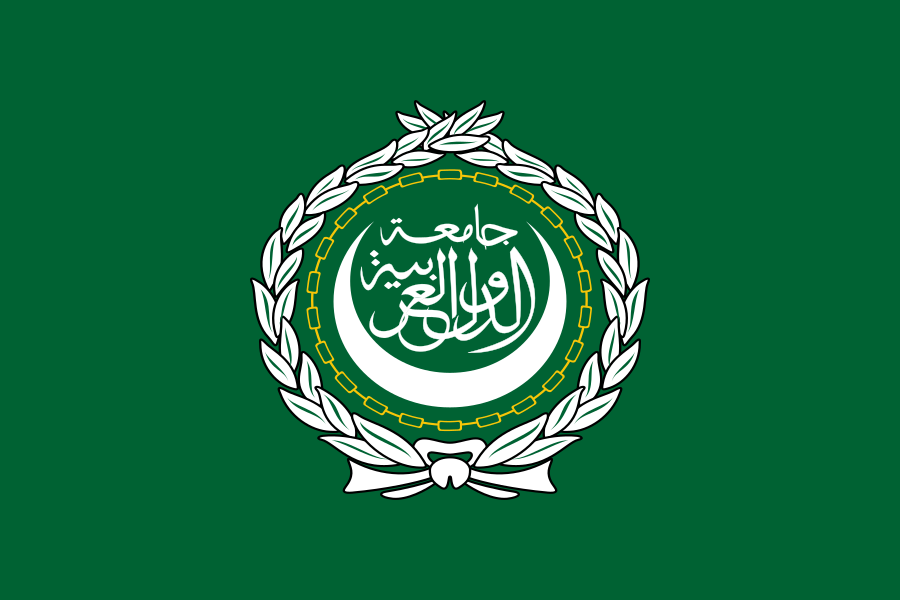
29 October 2018,
The Centre for Law and Democracy (CLD) (Canada), Transparency Maroc (TM), Palestinian Center for Development and Media Freedoms (MADA), Maharat Foundation (Lebanon) and Social Economic Forum for Women Organization (Jordan) jointly hosted a consultative meeting in Amman from 25-26 October 2018. The focus of the meeting, which is a continuation of the organisations’ earlier work in this area, was on how to improve the opportunities for civil society organisations to engage with the League of Arab States (LAS).
A report on Improving Civil Society Engagement at the League of Arab States, launched in September, found that the LAS lagged significantly behind other comparable inter-governmental organisations (IGOs) when it came to the issue of engagement.
The consultative meeting reviewed engagement rules and systems at other IGOs and compared them to the policy and practice at the LAS to identify specific gaps and areas for improvement. An important focus of the meeting was on how to advocate to enhance the performance of the LAS in this area.
A key outcome of the meeting was agreement on a Charter for Improving Civil Society Engagement with the League of Arab States, attached as an annex to this press release. The Charter sets out a civil society vision for the steps needed to improve the system of engagement with the LAS. The first set of recommendations calls on the LAS to conduct an open and inclusive process of consultation with civil society with a view to putting in place a new framework for engagement. The Charter also calls for a number of short-term measures, including in relation to access to information and opportunities for consultation.
A number of organisations have already endorsed the Charter and we are seeking further endorsements from civil society groups based in the Arab World.
The Charter can be accessed in English and Arabic at: [in English here] and [in Arabic here]. For an Arabic version of this press release, click here.
For further information, please contact:
Toby Mendel
Executive Director
Centre for Law and Democracy
Email: toby@law-democracy.org
+1 902 431-3688
www.law-democracy.org
twitter: @law_democracy
Roula Mikhael
Executive Director
Maharat Foundation
Email: roula.mikhael@maharatfoundation.org
+961 3 612 413
http://www.maharatfoundation.org
Mousa Rimwa
General Director
Palestinian Center for Development and Media Freedoms (MADA)
Email: m.rimawi@madacenter.org
+970 22976519
http://www.madacenter.org
Fouad Zirari
Staff Coordinator
Transparency Maroc
Email: fouadzirari@gmail.com
+212 06 61 09 61 68
http://transparencymaroc.ma/TM/
Amal Shawahneh
Director
Social Economic Forum for Women Organization
Email: amalshaw@hotmail.com
+962 795528197
http://www.mnt.org.jo
Charter for Improving Civil Society Engagement with the League of Arab States
We, the undersigned civil society organisations, based in different Arab countries,
Recognising the foundational importance for inter-governmental organisations, including the League of Arab States, of engaging in genuine consultations with civil society so as to improve their policy and decision-making processes, to build better relations with their constituents, who are ultimately the people living in Arab States, and to promote greater democracy in and accountability for their work;
Noting that the League of Arab States falls far short of better international practice, including the practice of similar inter-governmental organisations in other regions of the world, when it comes to engaging with civil society;
Stressing that the current civil society engagement arrangements and practices at the League of Arab States not only fail to respect basic human rights and democratic norms but also undermine the effectiveness, influence and legitimacy of the League of Arab States;
Emphasising that the trend, at both the national government and the inter-governmental levels, is strongly towards increasing engagement opportunities for civil society;
Recalling that effective engagement involves transparency, particularly around the subjects of engagement, and concrete and effective consultation opportunities;
Highlighting the fact that many civil society organisations based in Arab countries are both interested in and fully able to participate effectively in more genuine engagement opportunities at the League of Arab States, should such opportunities become available;
Call on the League of Arab States to undertake the following actions to improve its engagement with civil society:
- Consultations about Engagement
The League of Arab States should conduct an open and inclusive process of consultation with civil society with a view to putting in place a new framework for engagement. This should respect the following:
- The process should be collaborative in nature, along the lines of a partnership or joint effort between the parties,[1] with the League of Arab States working closely with civil society to explore options for a strong engagement framework.
- The process should be transparent, with the League of Arab States providing civil society with access to all of the documents it needs to participate fully in the consultation process and with information about the positions of different stakeholders and how it was used being provided.
- The League of Arab States should make a commitment at the beginning of the process to revise substantially its current approach to civil society engagement, including by adopting a new policy framework for this.
- Consideration should be given to creating a new, dedicated structure within the League of Arab States to lead on this process, in an attempt to address current relationship shortcomings and to build trust with civil society.
- Access to Information
Ensuring access to information is key to building trust and to facilitating real engagement. The League of Arab States should practise far greater levels of openness than in the past. Following consultations, it should adopt a dedicated information disclosure policy in line with better international practice among inter-governmental organisations. In the meantime, it should do the following:
- Publish, sufficiently in advance, information, including the agendas, of key meetings and other engagement opportunities, along with key relevant background documents, subject only to legitimate grounds for secrecy.
- Respond promptly and fulsomely to requests for information, including by appointing staff with dedicated responsibilities for doing this.
- Take full advantage, in doing the above, of digital technologies, including by providing information for free and in open digital formats.
- Short-term Engagement Measures
The League of Arab States should undertake the following measures to improve engagement over the short term, pending the outcome of the consultation process noted above:
- The current observer status system should be transformed into a consultative status approach, so that individuals and organisations with status benefit from a range of engagement rights and opportunities. This should include the rights to make submissions and interventions, and not merely the right to attend meetings and listen to official actors.
- The process of obtaining status should be open, streamlined and insulated from political or other irrelevant considerations, so that status is given to any organisation which meets pre-defined conditions for obtaining consultative status.
- To the extent possible, the grant of status should directly enable the holder to engage with a range of League of Arab States bodies, including, in particular, those dealing with human rights and economic and social development.
- A number of engagement options beyond the status system should be put in place, such as the ability to apply on an ad hoc basis to attend a particular meeting or to work with the League of Arab States to implement projects or policies.
Endorsements
- ADALA, Morocco
- Maharat Foundation, Lebanon
- Palestinian Center for Development and Media Freedoms (MADA)
- Social Economic Forum for Women Organization, Jordan
- TAFRA, Morocco
- Transparency Maroc
[1] As an example, Open Government Partnership (OGP) guidance on consultation is available at: http://www.opengovpartnership.org/sites/default/files/attachments/OGP_consultation%20FINAL.pdf.



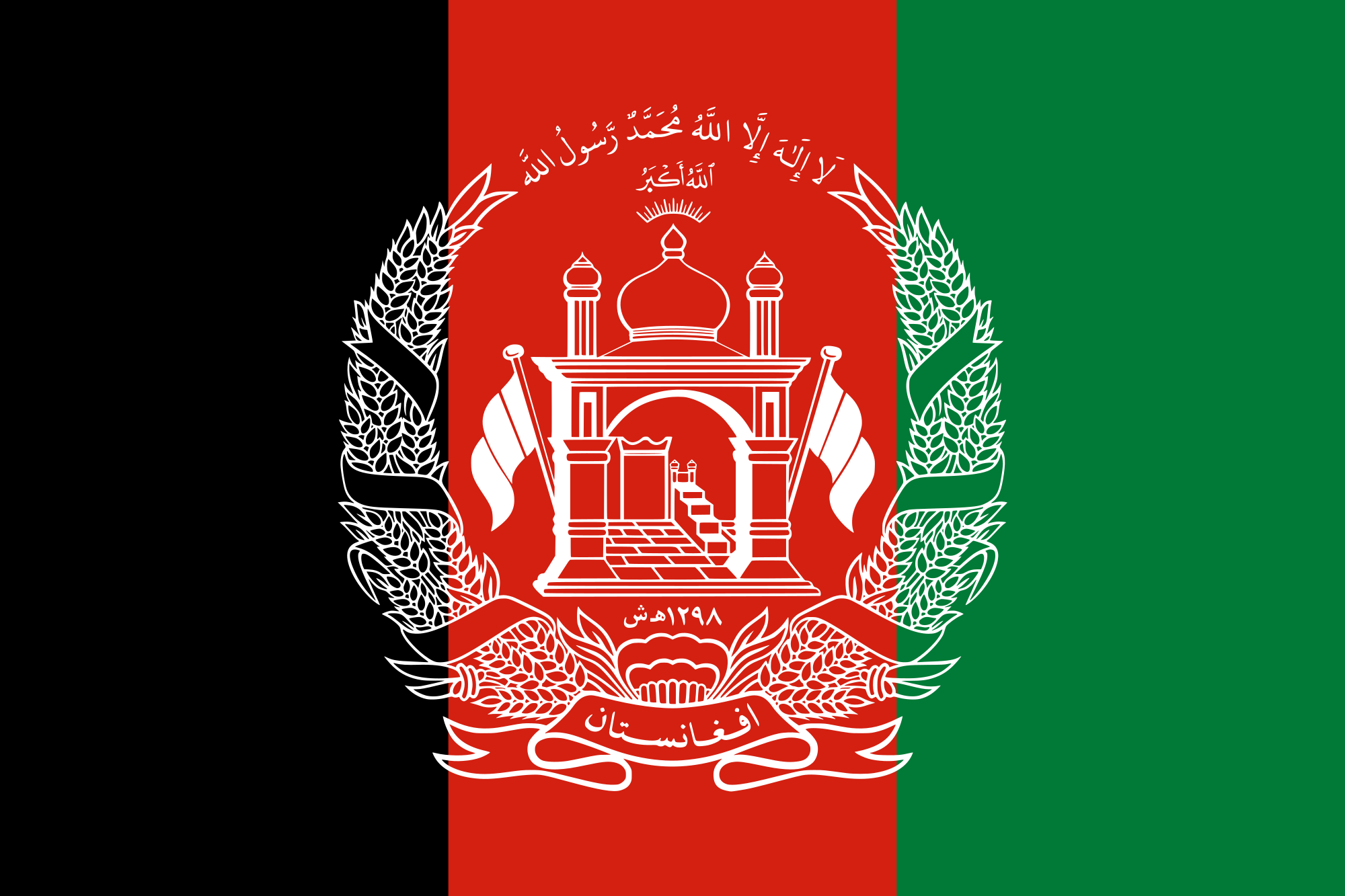 28 September 2018,
28 September 2018,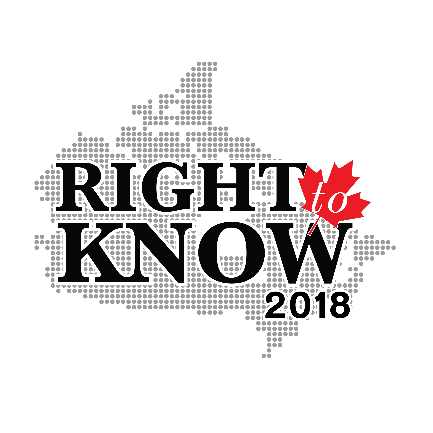

 27 August 2018,
27 August 2018,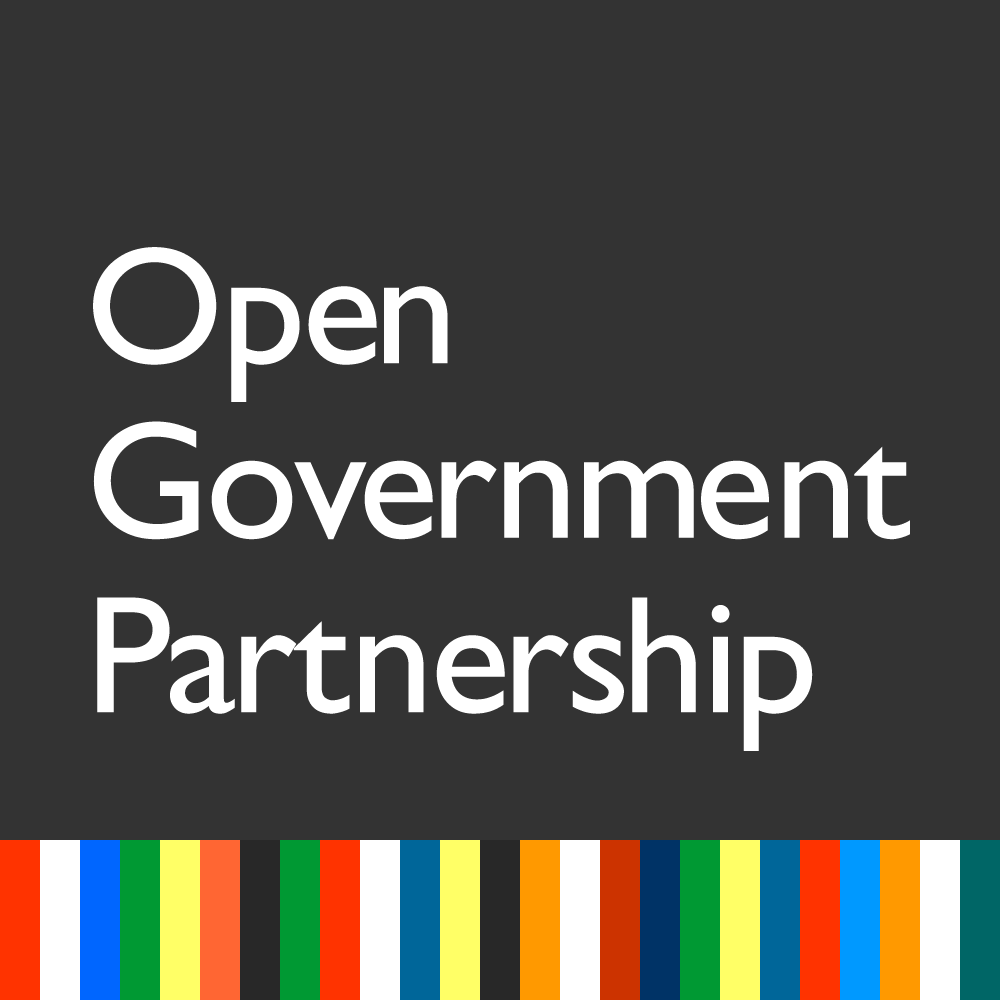
 11 July 2018,
11 July 2018,


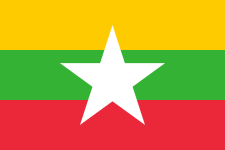 A new Analysis by the Centre for Law and Democracy (CLD) of the latest proposed Right to Information (RTI) Law reveals a relatively robust draft but with some shortcomings. The RTI Law, which will allow citizens to obtain information from public bodies, is key in any democracy, enhancing government accountability and improving trust between government and the people.
A new Analysis by the Centre for Law and Democracy (CLD) of the latest proposed Right to Information (RTI) Law reveals a relatively robust draft but with some shortcomings. The RTI Law, which will allow citizens to obtain information from public bodies, is key in any democracy, enhancing government accountability and improving trust between government and the people. The Centre for Law and Democracy (CLD) (Canada), Transparency Maroc (TM), Palestinian Center for Development and Media Freedoms (MADA) and Maharat Foundation (Lebanon) launched their project on Building Opportunities for Civil Society Engagement with the League of Arab States with a workshop in Rabat on 22-23 March 2018. The project seeks to explore ways to enhance transparency and opportunities for participation in the work of the League.
The Centre for Law and Democracy (CLD) (Canada), Transparency Maroc (TM), Palestinian Center for Development and Media Freedoms (MADA) and Maharat Foundation (Lebanon) launched their project on Building Opportunities for Civil Society Engagement with the League of Arab States with a workshop in Rabat on 22-23 March 2018. The project seeks to explore ways to enhance transparency and opportunities for participation in the work of the League.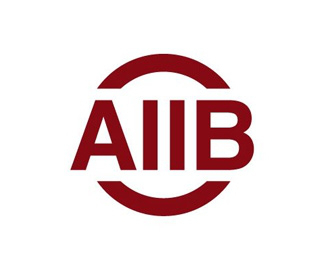 The Asian Infrastructure Investment Bank (AIIB) published a Draft Policy on Public Information in January 2018. According to Comments by the Centre for Law and Democracy (CLD) and Bank Information Center (BIC), the draft Policy is a good start but far more is needed if it is to serve as a stable, effective mechanism for promoting transparency and access to information at the Bank.
The Asian Infrastructure Investment Bank (AIIB) published a Draft Policy on Public Information in January 2018. According to Comments by the Centre for Law and Democracy (CLD) and Bank Information Center (BIC), the draft Policy is a good start but far more is needed if it is to serve as a stable, effective mechanism for promoting transparency and access to information at the Bank. Information Commissioners from Sri Lanka and India undertook a mission to Mexico’s National Institute for Transparency, Access to Information and Personal Data Protection (INAI), the oversight body in that country, last week to exchange best practices and experiences regarding oversight of the right to information. During the technical visit, on 7-8 March 2018, they met with different local actors both within INAI and externally, while on 9 March 2018 they participated in a public workshop. The visit was organised by the Centre for Law and Democracy (CLD) with the support of The Social Architects in Sri Lanka, and a former Information Commissioner of Canada also participated.
Information Commissioners from Sri Lanka and India undertook a mission to Mexico’s National Institute for Transparency, Access to Information and Personal Data Protection (INAI), the oversight body in that country, last week to exchange best practices and experiences regarding oversight of the right to information. During the technical visit, on 7-8 March 2018, they met with different local actors both within INAI and externally, while on 9 March 2018 they participated in a public workshop. The visit was organised by the Centre for Law and Democracy (CLD) with the support of The Social Architects in Sri Lanka, and a former Information Commissioner of Canada also participated. The Centre for Law and Democracy issued a letter to British Columbia’s Minister of Citizens’ Service, Jinny Sims, copied to the Premier of British Columbia, John Horgan, commending their announcement that consultations will be planned to discuss amending the British Colombia Freedom of Information and Protection of Privacy Act (FIPPA) from 26 February to 9 April 2018. CLD urged that the consultation be followed promptly with concrete law reform proposals, and that the practice of posting online publicly the texts of access to information requests even before they have been responded to be stopped in order to avoid having a chilling effect on certain types of uses of FIPPA, in particular for investigative journalism. The letter is reproduced below and can be accessed
The Centre for Law and Democracy issued a letter to British Columbia’s Minister of Citizens’ Service, Jinny Sims, copied to the Premier of British Columbia, John Horgan, commending their announcement that consultations will be planned to discuss amending the British Colombia Freedom of Information and Protection of Privacy Act (FIPPA) from 26 February to 9 April 2018. CLD urged that the consultation be followed promptly with concrete law reform proposals, and that the practice of posting online publicly the texts of access to information requests even before they have been responded to be stopped in order to avoid having a chilling effect on certain types of uses of FIPPA, in particular for investigative journalism. The letter is reproduced below and can be accessed  Canada’s proposals to reform its Access to Information Act, Bill C-58, which have now been passed by the House of Commons and are before the Senate, can only be described as massively disappointing. The Government has completely reneged on its promises to extend coverage of the Act to the Prime Minister, Ministers, Parliament and courts, and delivered only partially on other promises, such as to abolish all fees and give the Information Commissioner order making powers.
Canada’s proposals to reform its Access to Information Act, Bill C-58, which have now been passed by the House of Commons and are before the Senate, can only be described as massively disappointing. The Government has completely reneged on its promises to extend coverage of the Act to the Prime Minister, Ministers, Parliament and courts, and delivered only partially on other promises, such as to abolish all fees and give the Information Commissioner order making powers.